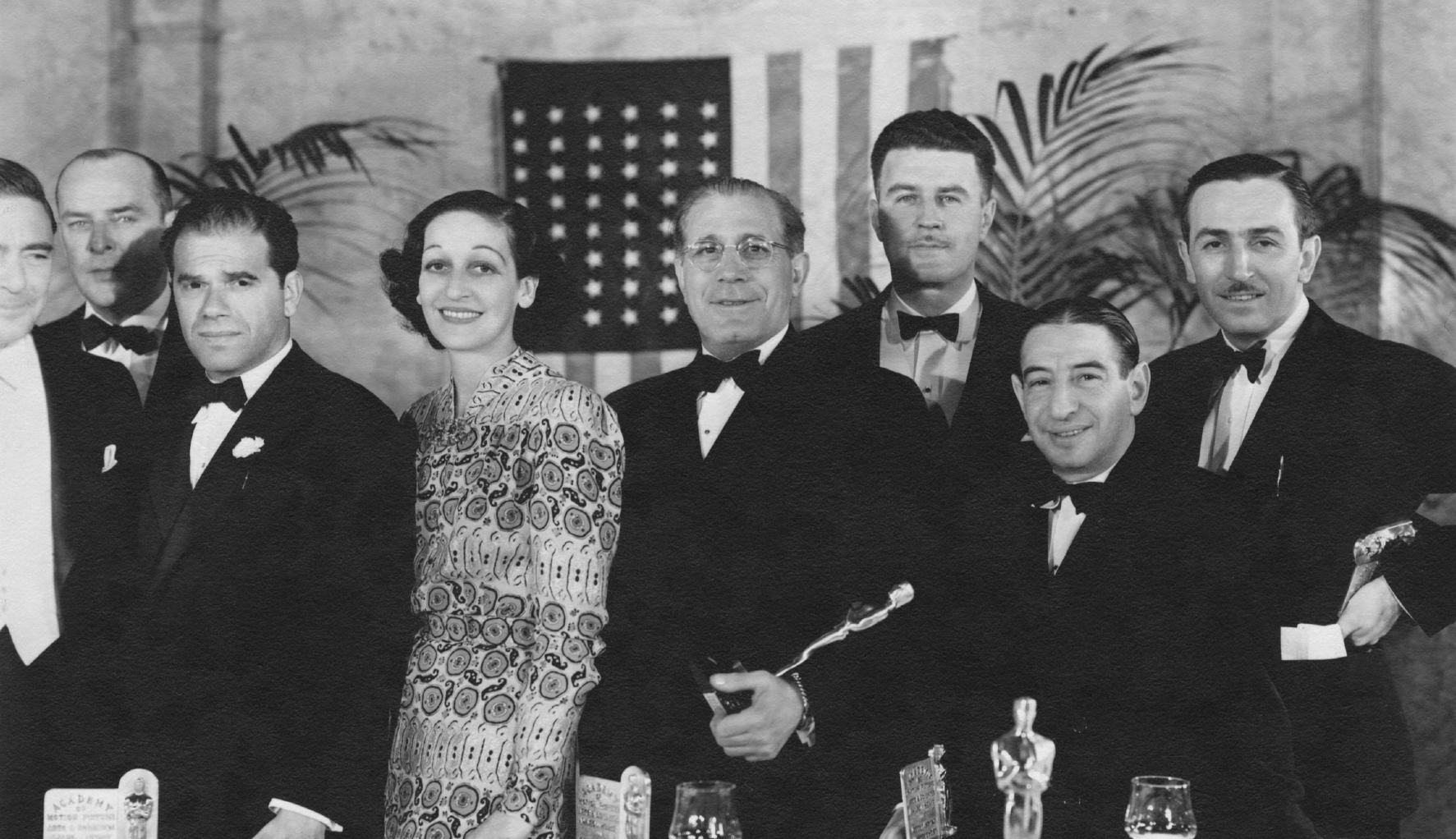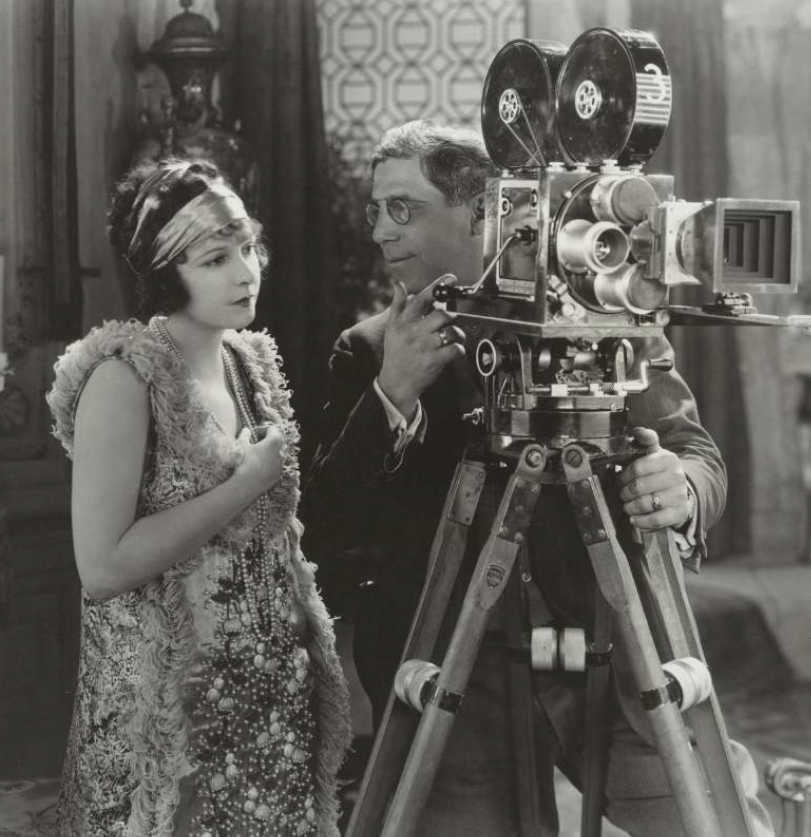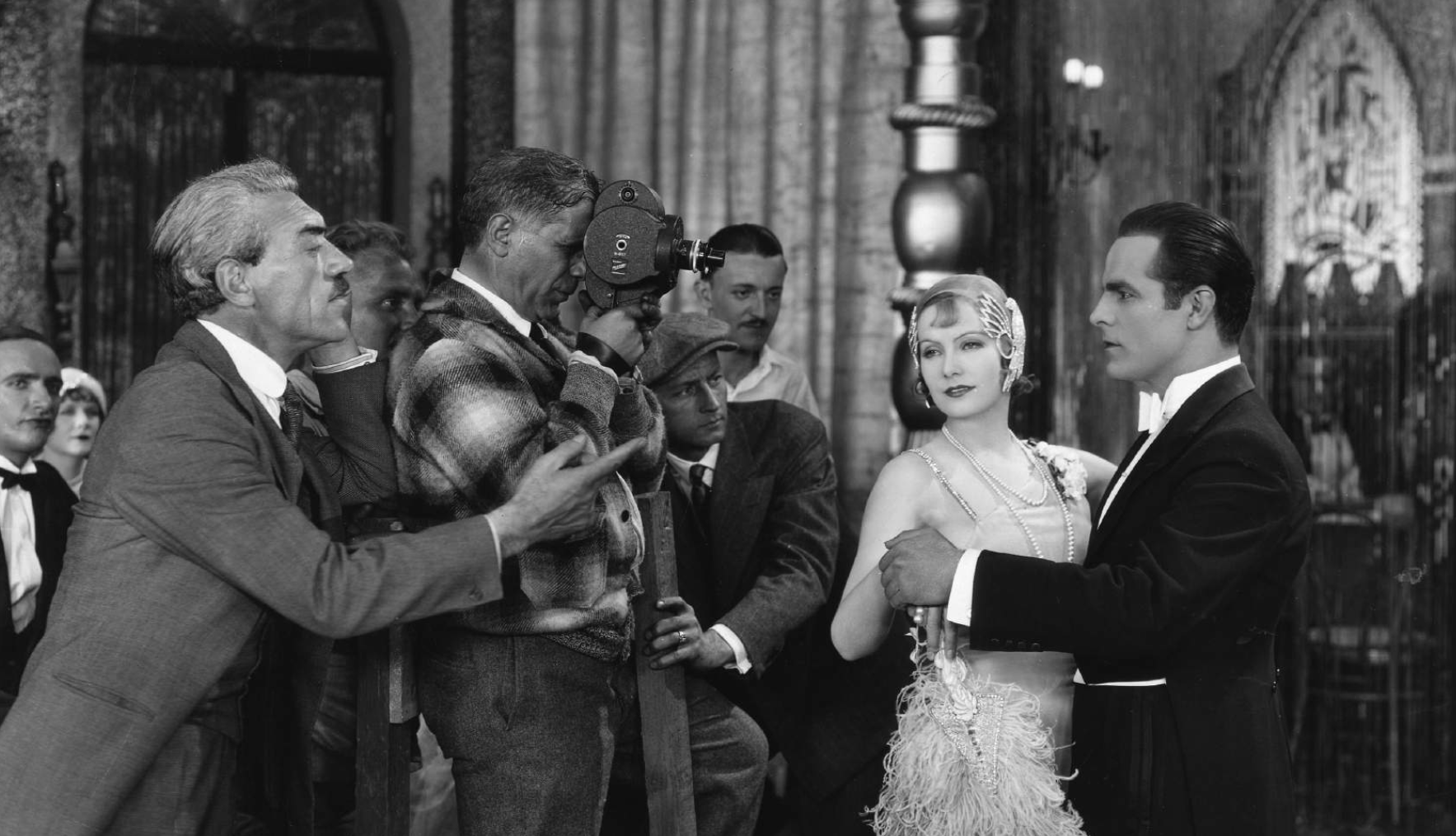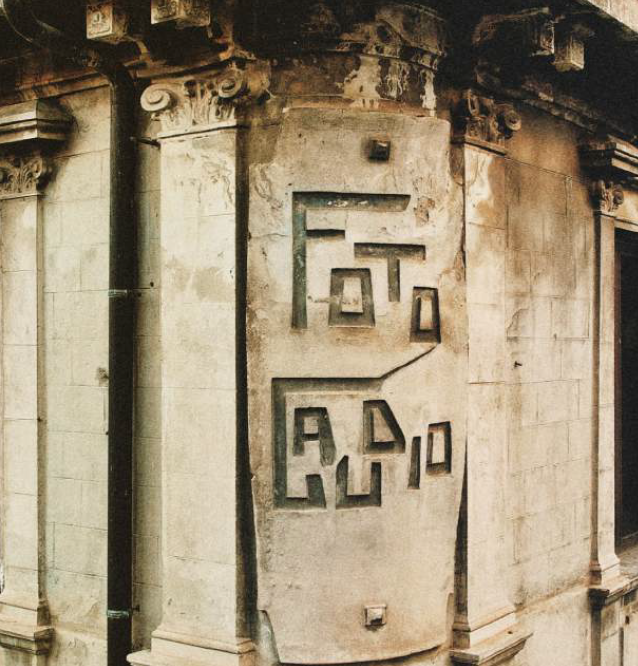
Promoting the cultural cinematic arts for the next generation of dedicated filmmakers
Our Mission
The Tony Gaudio Foundation of Cinematic Arts aims to preserve and promote the art of filmmaking by supporting emerging filmmakers and preserving the legacy of Tony Gaudio's contributions to the industry.
Our Vision
To celebrate and promote the art of cinematography and to honor and perpetuate the influential legacy of Tony Gaudio while paying homage to Italy's profound influence on the world of cinema.
We strive to inspire future generations of filmmakers, to foster creativity, technical excellence, and visual storytelling in the world of cinema through education, preservation, and innovation.
Italian Oscar® Winning Cinematographer
Tony Gaudio won the Academy Award® for Best Cinematography for Anthony Adverse and was nominated five additional times, for Hell's Angels, Juarez, The Letter, Corvette K-225, and A Song to Remember.
Born Gaetano Antonio Gaudio in Cosenza, Italy, he began his career shooting short subjects for Italian film companies. He moved to New York City in 1906 and worked in Vitagraph's film laboratory until 1909, when he began shooting shorts for the company. His credits include Hell's Angels (1930), Little Caesar (1931), The Lady Who Dared (1931), Tiger Shark (1932), Anthony Adverse (1936), The Story of Louis Pasteur (1936), The Life of Emile Zola (1937), God's Country and the Woman (Warner Brothers' first Three-strip Technicolor film, (1937), The Adventures of Robin Hood (1938), Juarez (1939), The Letter (1940), High Sierra (1941), Corvette K-225 (1943), Days of Glory (1944), A Song to Remember (1945), and The Red Pony (1949).
He died in 1951 and is interred in the Hollywood Forever Cemetery in Hollywood, California. His brother Eugene Gaudio, also a cinematographer, died in 1920 at the age of 34.





